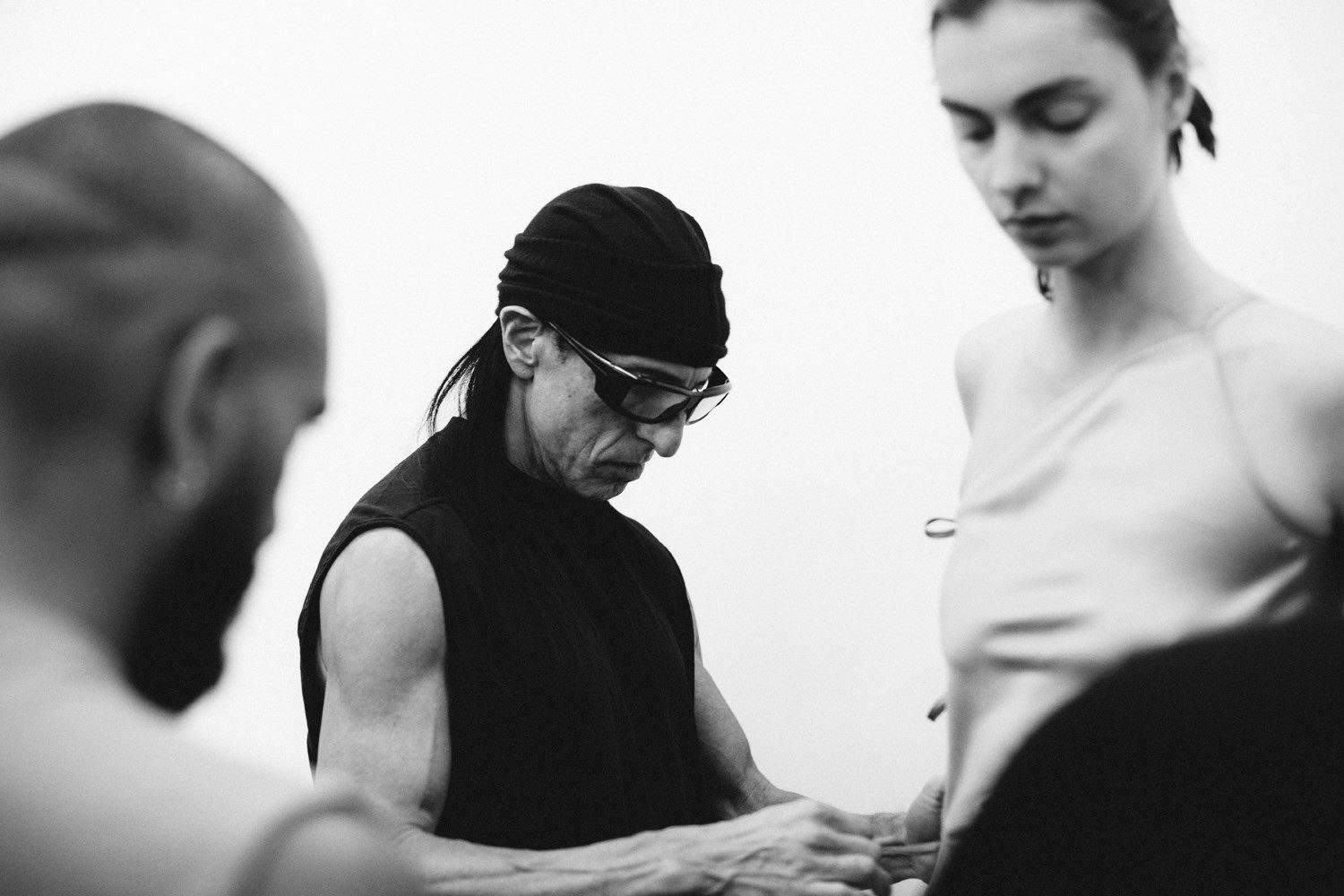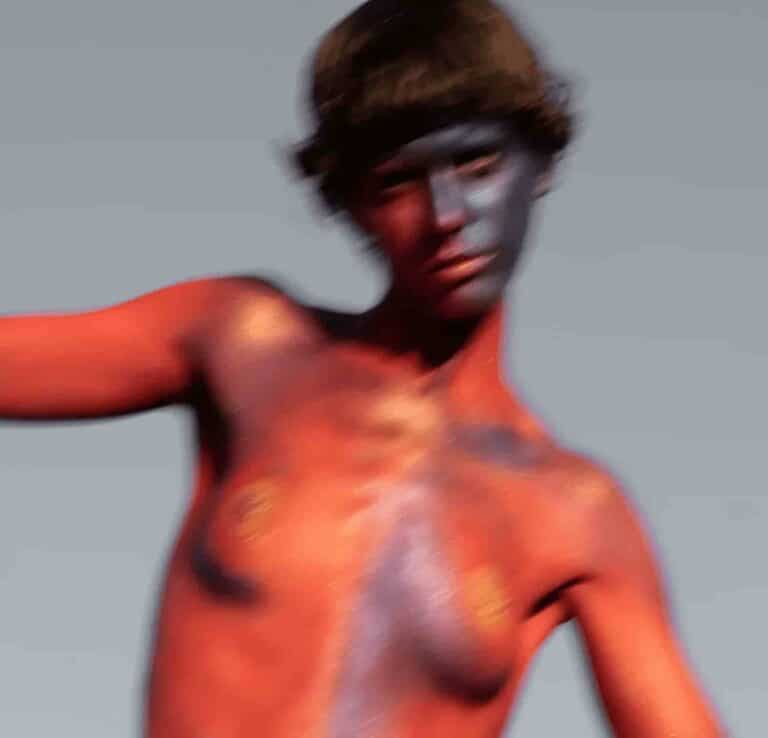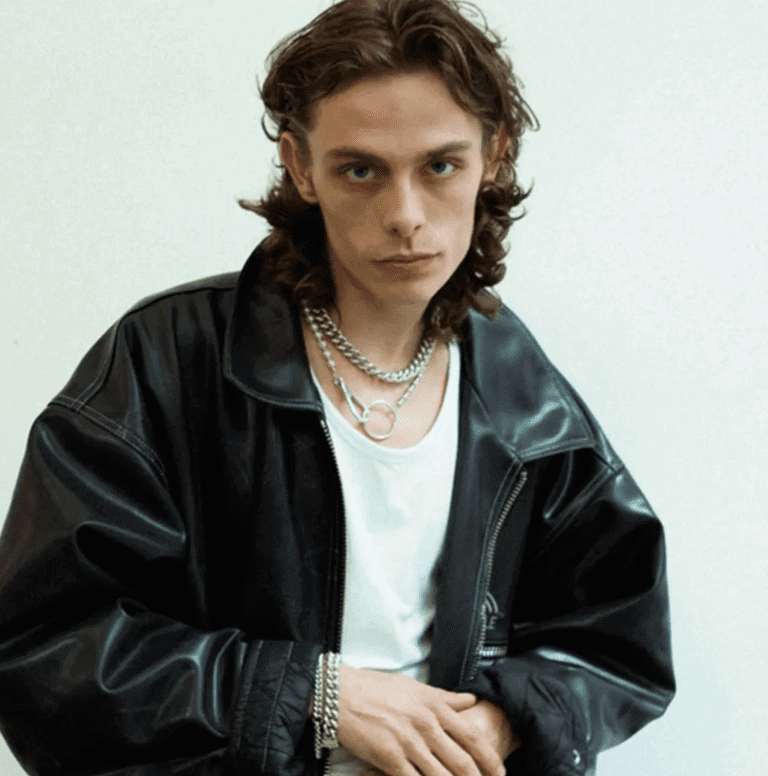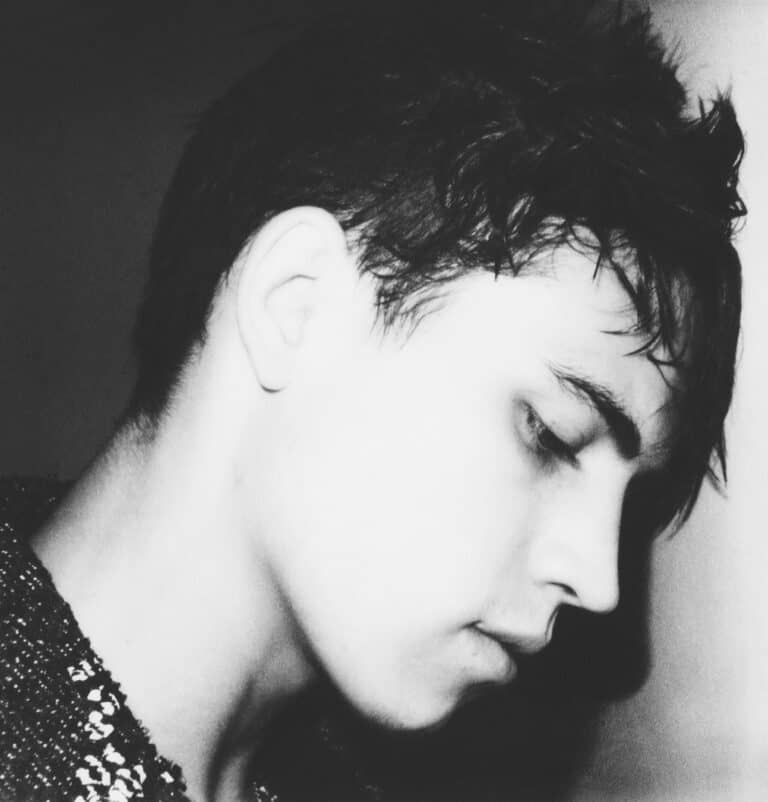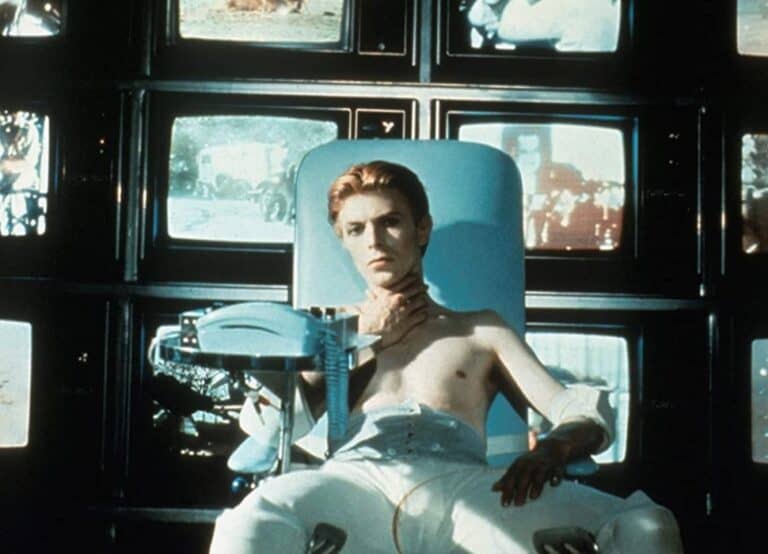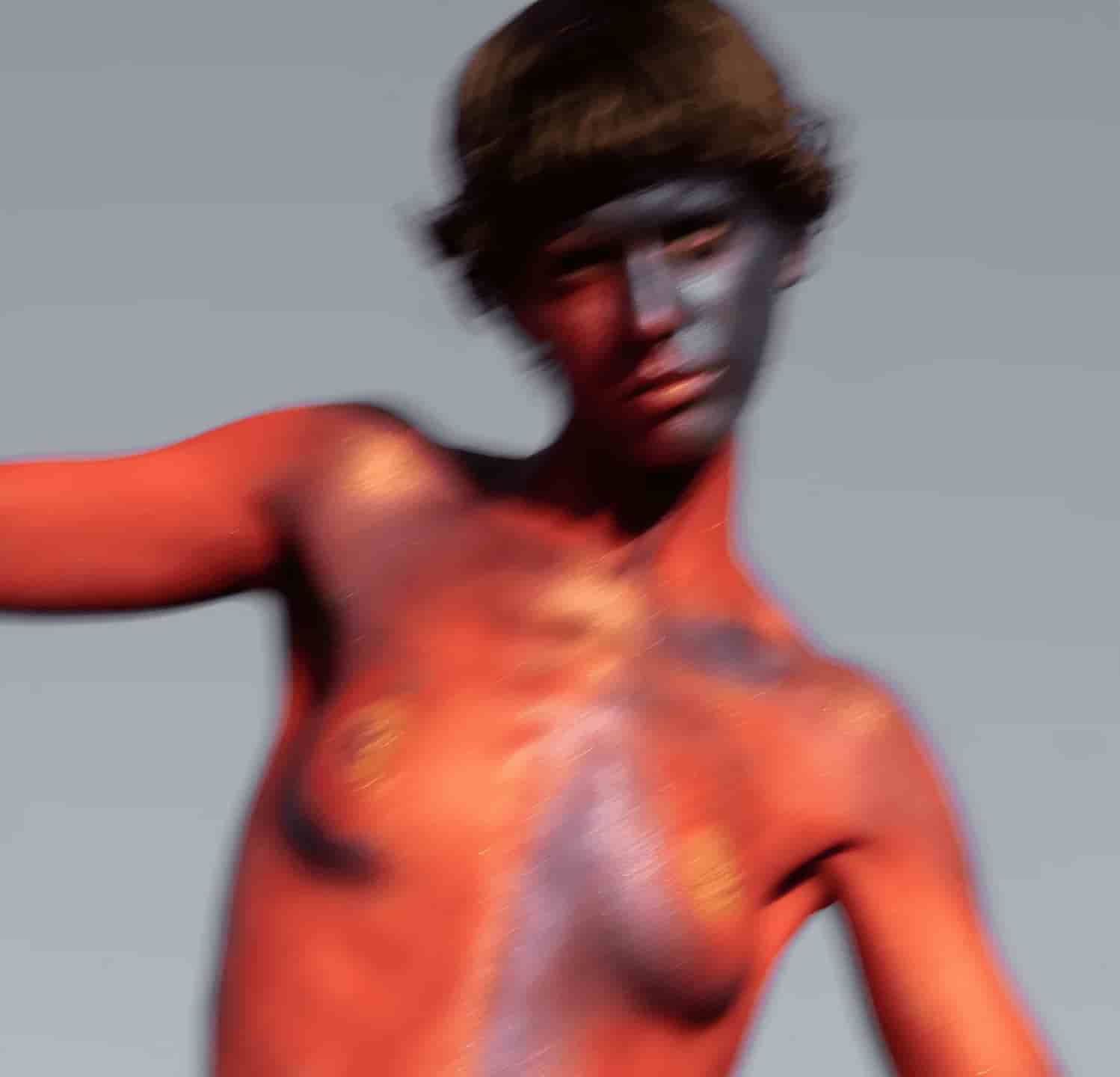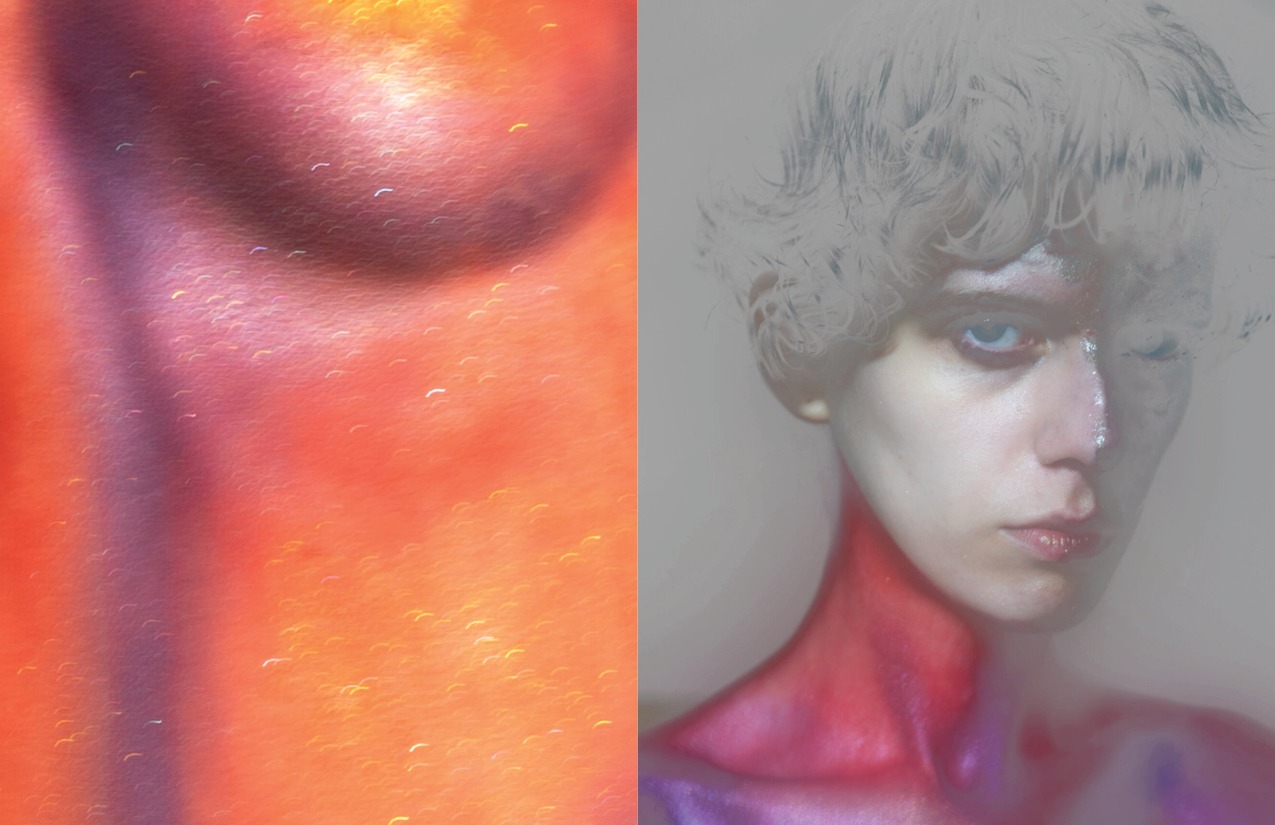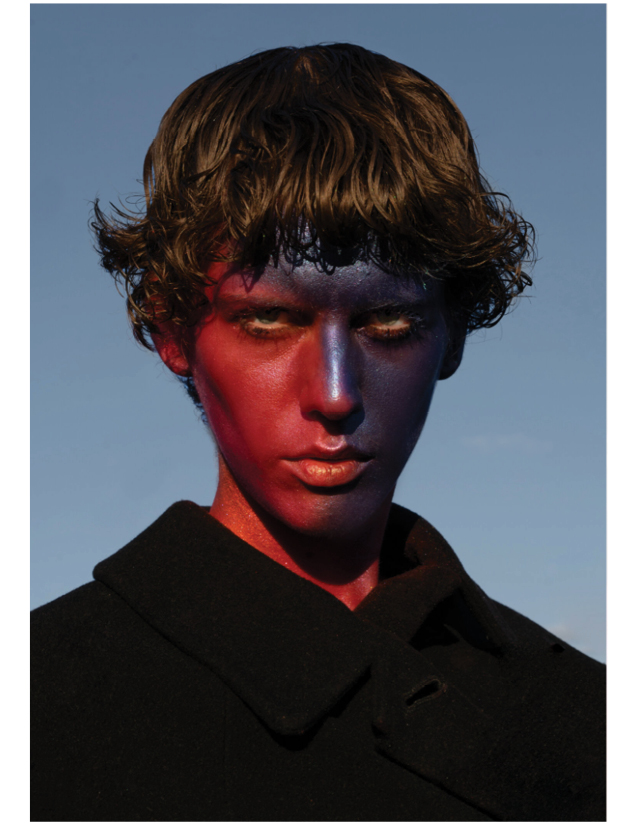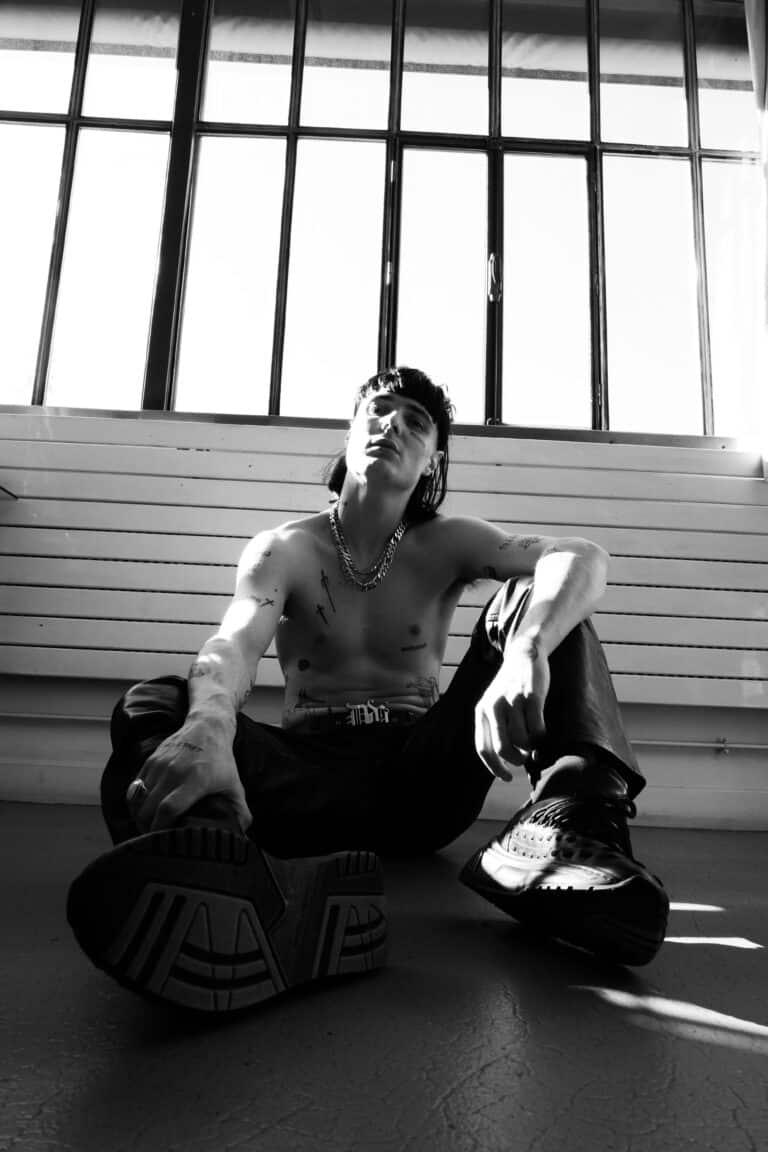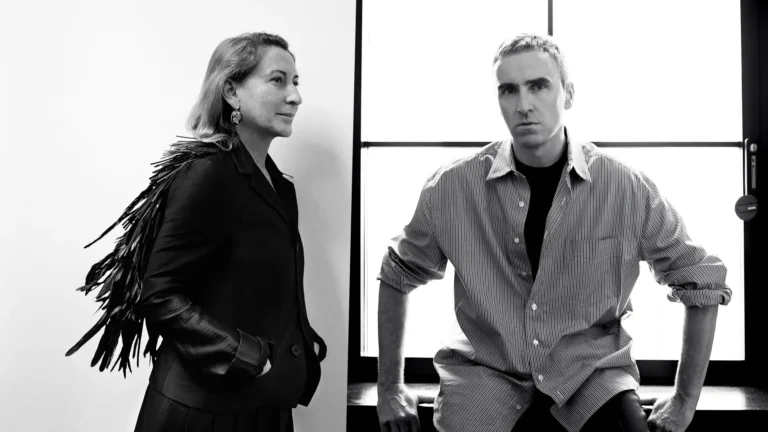Rick Owens looks back at lockdown and reflects on the strength in grace and humility, having the time and space to immerse himself in learning and following the progress of the beehives on his roof and the newly hatched ducklings in the gardens next door.
Kylar: We have all been spending more time at home. How has that been for you?
Rick: We were lucky enough to have the comfort of a lot of space, a slice of outdoors and we spent our days under the trees reading and absorbing and learning about things we had put off for later. I read Edmund White, I pored over Joseph Beuys drawings, I studied Pierre Legrain’s work for Jacques Doucet and Doucet’s patronage of Rosseau, Picasso and Eileen Gray and Georges Hoentschel.
I researched anthroposophic furniture, we gardened, we played with the cats, we followed the progress of our beehives on our roof and the newly hatched ducklings in the gardens off our terrace next door. I listened carefully to the final acts of Richard Strauss’ Elektra and Salome which took on a special significance under the circumstances – stories of misguided urgencies culminating in a transcendent peak of glory before extinction.
Kylar: What do you feel we will take away from this experience?
Rick: When you think of all the contention and disharmony and things that could go ecologically wrong in the world it’s a miracle we’ve been spared a crisis like this for so long. Life is all about cycles and death and rebirth so doing our best in the face of this fragility is the meaning and glory of life – doing our best while we can. We’re all going to come out of this with a lesson in humility and responsibility and that’s the silver lining.
Kylar: How would you say the period of lockdown changed your view of things – your view of the world?
Rick: My memory will be that in the face of threat, we had a minute to feel profound gratitude. It made me think of those Bouguereau paintings sitting alone in the Louvre – of nymphs brushing their hair under trees in a glade while they composed poetry in their heads. I felt that we were recreating our version of that – suspended time absorbed in the appreciation of beauty.
Kylar: What is the importance of fashion in these circumstances – in any circumstances?
Rick: The pleasure of grace and beauty is one of life’s greatest rewards and some people can provide that better than others. I’ve been allowed to be an aesthetic voice so I feel a responsibility to bring that to the table. I always choke at calling fashion art. But as the fashion world gets more saturated and competitive, to stand out, you have to go to another level, a level that presses a lot of the same buttons that art does. There was a quote attributed to Winston Churchill when asked to cut arts funding in favour of the war effort: “Then what are we fighting for?” was his reply. Except it wasn’t – that quote has been exposed as fabrication but isn’t it compelling and absolutely convincing? Doesn’t it sound just right? Hun [Michèle Lamy] has been using that phrase as her leitmotif for years: “What are we fighting for?” And I always joke with her: “Why do we have to fight at all?!” But I see her point, to figure out what your priorities are and take a stand.
Kylar: Fashion may be a form of escapism – an aspiration, a dream. How is that important now that reality feels this harsh? Or do we keep it real?
Rick: Fashion can be about escapism but I have always been interested in the aspirational side of it – wanting to present the self you hope eventually to become. The way you have decided to present yourself to others can telegraph your character, it can signal modesty, respect for others, a sense of order. Fashion can subtly communicate a set of value systems before you open your mouth. That’s the direction of fashion I’ve always been interested in and I suspect there will always be a niche for it.


